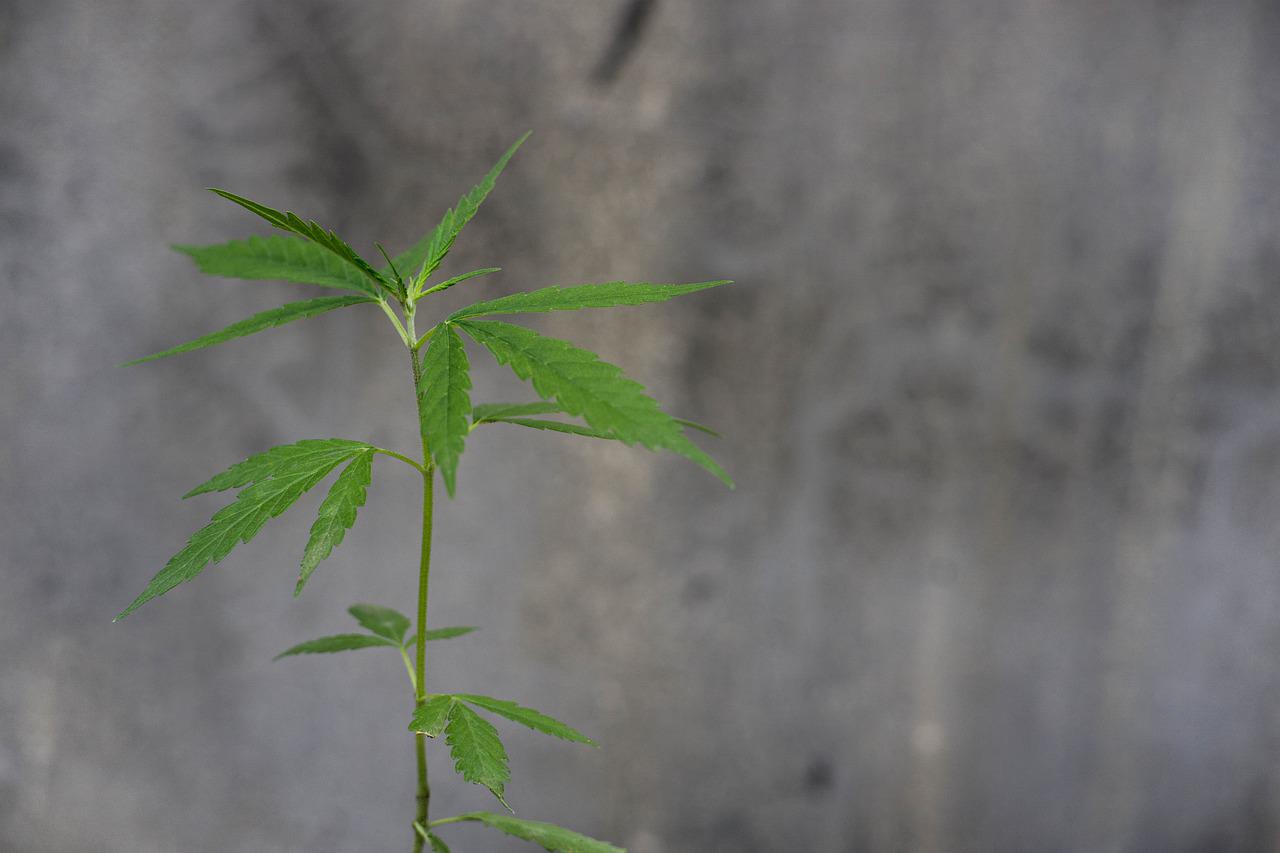As Ontario’s municipal governments prepare for the local impacts of this legalization, preventing youth substance abuse remains a major priority. In 2017, 19% of Ontario’s grade 7-12 students reported using cannabis in the past year. Nine percent of these students reported using cannabis and driving (CAMH, 2017). In light of these statistics, legalization presents understandable concerns for municipal governments, local communities, parents and young people.
It also comes with opportunity. In the long term, municipal cannabis revenues are a welcome funding stream for innovative municipal governments interested in tackling the negative impacts of cannabis legalization and substance abuse in their communities. Municipal action can minimize these negative impacts while contributing to community resilience. Jurisdictions around the world have successfully introduced new and effective ways to reduce youth cannabis and illicit substance consumption while enhancing youth employability and skills development. Many of these same programs have also been effective at increasing overall community well-being. Recreational cannabis legalization also creates economic development opportunities for small businesses and communities interested in benefiting from legal cannabis.
Although locally implementing the new recreational cannabis regime will be costly for municipal governments in the initial legalization period, these cost pressures are expected to lessen once jurisdictions gain experience with the new system. This presents new long-term opportunities for municipal governments interested in leveraging their share of the cannabis excise tax towards community betterment. Addressing youth substance abuse prevention by investing in local youth skills development and community engagement initiatives is one way municipal governments can address the long-term needs of their communities and youth in the post-legalization context. Such an approach requires municipal leadership in youth substance abuse prevention as well as a flexible provincial approach to eligible expenditures for municipal cannabis revenues.
Towards a Long-term Vision for Municipal-use of the Cannabis Excise Tax discussion paper sets out to kick-start this conversation. It also aims to make the case for municipal investments in local youth substance abuse prevention leveraging the municipal share of the cannabis excise tax. To do this, we provide examples of innovative and successful local programming from jurisdictions around the world.
Investing in youth will help our young people build skills, resilience and self-reliance. As the order of government closest to the people, municipalities are often the first to recognize the negative impacts of substance abuse on their youth and in their communities. As frontline social service providers, municipal governments have the on the ground knowledge necessary to develop efficient, effective and responsive programming to empower local youth and address their needs in the post-cannabis legalization period.




